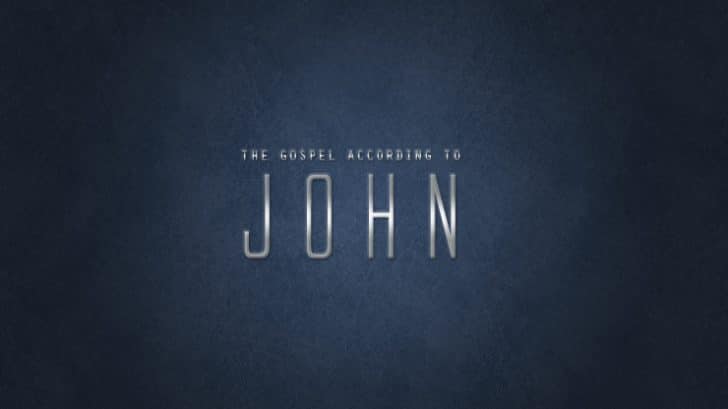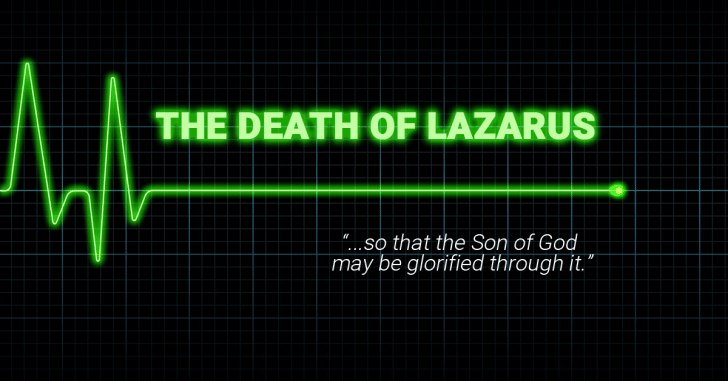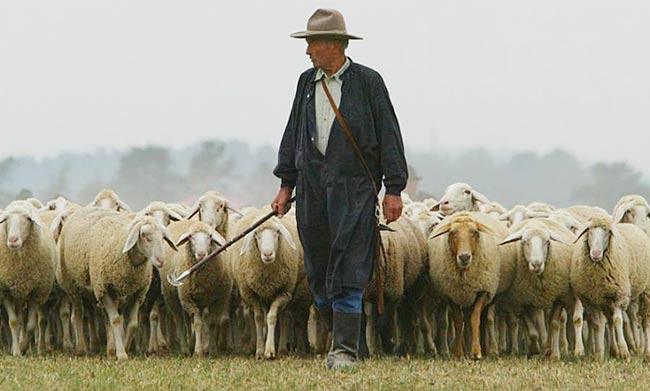John 2:1-11 | Water to Wine
In this story the transforming power of Jesus is manifest. It is this transformational power that causes His disciple to discover a deeper belief in him as the Christ.
John 2:1-11 (ESV)
2 On the third day there was a wedding at Cana in Galilee, and the mother of Jesus was there. 2 Jesus also was invited to the wedding with his disciples.3 When the wine ran out, the mother of Jesus said to him, “They have no wine.” 4 And Jesus said to her, “Woman, what does this have to do with me? My hour has not yet come.” 5 His mother said to the servants, “Do whatever he tells you.”
6 Now there were six stone water jars there for the Jewish rites of purification, each holding twenty or thirty gallons. 7 Jesus said to the servants, “Fill the jars with water.” And they filled them up to the brim. 8 And he said to them, “Now draw some out and take it to the master of the feast.” So they took it. 9 When the master of the feast tasted the water now become wine, and did not know where it came from (though the servants who had drawn the water knew), the master of the feast called the bridegroom 10 and said to him, “Everyone serves the good wine first, and when people have drunk freely, then the poor wine. But you have kept the good wine until now.” 11 This, the first of his signs, Jesus did at Cana in Galilee, and manifested his glory. And his disciples believed in him.
Scriptural Significance
-
The old covenant has reached its fulfillment.
- Six ceremonial jars for purification represent the old covenant.
- The number six is synonymous with our works; our labor and toil.
- The prior covenant has become obsolete by way of a new covenant. See [efstooltip type=”link” link=”https://www.biblegateway.com/passage/?search=Hebrews+8:12-13&version=ESV” tooltip=” For I will be merciful toward their iniquities, and I will remember their sins no more.” 13 In speaking of a new covenant, he makes the first one obsolete. And what is becoming obsolete and growing old is ready to vanish away.” style=”tip-top”]Hebrews 8:12-13 (ESV)[/efstooltip]
-
A new covenant is at hand.
- The promise of the new covenant. See [efstooltip type=”link” link=”#” tooltip=”31 “Behold, the days are coming, declares the Lord, when I will make a new covenant with the house of Israel and the house of Judah, 32 not like the covenant that I made with their fathers on the day when I took them by the hand to bring them out of the land of Egypt, my covenant that they broke, though I was their husband, declares the Lord.” style=”tip-top”]Jeremiah 31:31-32 (ESV)[/efstooltip]
- The portrayal of the new covenant. [efstooltip type=”link” link=”#” tooltip=” 6 On this mountain the Lord of hosts will make for all peoples a feast of rich food, a feast of well-aged wine, of rich food full of marrow, of aged wine well refined. 7 And he will swallow up on this mountain the covering that is cast over all peoples, the veil that is spread over all nations. 8 He will swallow up death forever; and the Lord God will wipe away tears from all faces, and the reproach of his people he will take away from all the earth, for the Lord has spoken. 9 It will be said on that day, “Behold, this is our God; we have waited for him, that he might save us. This is the Lord; we have waited for him; let us be glad and rejoice in his salvation.”” style=”tip-top”]Isaiah 25:6-9 (ESV)[/efstooltip]
- The new covenant, symbolized by wine, was made by the blood of Jesus. See [efstooltip type=”link” link=”#” tooltip=”20 And likewise the cup after they had eaten, saying, “This cup that is poured out for you is the new covenant in my blood.” style=”tip-top”]Luke 22:20 (ESV)[/efstooltip]
Personal Significance
-
Transformation begins with an invitation to Jesus. See verse2
-
Transformation depends on Jesus. See veres 3
-
Transformation is experienced by yielding to Jesus. See verse 5
-
Transformation is when the old parts of our lives are replaced by the things of Jesus. See Verses 6-10
-
Transformation leads to belief in Jesus. See verse 11
Conclusion:
Jesus made a new covenant, a covenant that does not depend on our work or toil. He made a covenant that does not require any ritual or religious obligation. He made a covenant that rests entirely upon His blood and righteousness and is offered freely by His grace.
Will you embrace this covenant?


